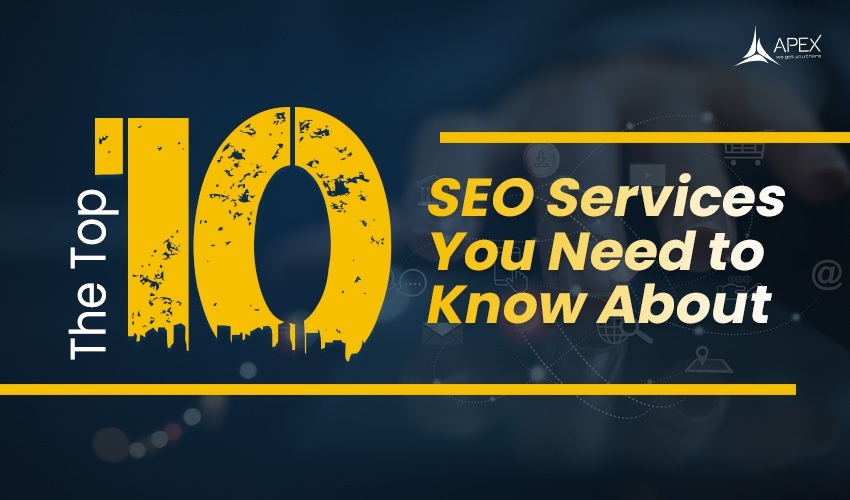
Companies must stay abreast of digital marketing trends and strategies within the current competitive landscape. However, as far as achieving success online is concerned, search engine optimisation might just continue being an important element whose presence would help the process of becoming successful online, provided that appropriate search engine optimisation isutilised. This article looks at the twelve most important SEO tools which may be used as a step towards competing with other organisations doing business online.
1. Keyword Research and Analysis
Effective SEO services however start with intensive keyword research and evaluation. This involves using selected words and phrases that will help you pinpoint specific people who make up the desired target audience. Therefore, they attempt to collect these high searches with minimal competition. In such a case, search engine optimisation tools like Google Keyword Planner and SEMrush come in handy.
2. On-Page SEO optimisation
The first area is on-page SEO, which relates to optimising specific pages within your website. It involves various factors, including:
Title Tags: Every page should have creative and keyword-based title tags.
Meta Descriptions: Crafting smart, concise meta descriptions.
Header Tags: Make use of suitable heading tags like H1, and H2 among others.
Keyword Placement: Keyword placement within content.
Internal Linking: Add links that connect users with other relevant pages on your website as well.
3. Content Creation and optimisation
The heart of SEO is high-quality, informative, and engaging content. It is worth mentioning that the frequent posting of useful content draws both readers and experts in a particular field that recognises one’s position of leadership in a specific sphere of knowledge. Provide some content optimisation including the use of relevant keywords and offering a solution to your audience’s issues.
4. Link Building
Nevertheless, link building has not lost its relevance for SEO. Quality links from authority sites act as reference for the content making it legitimate to search engines. There’s a need for ethical and white-hat link-building to prevent penalties.
5. Mobile-Friendly SEO
There is no alternative for a mobile-optimised website as more and more people use mobiles for browsing through web pages. Another new thing is an element called mobile-first indexing, which means that Google favours this technique at least for now. When designing your website use a mobile-friendly format and give users a better experience when working with devices, like iPads and Samsung.
6. Technical SEO
The technical SEO process improves the infrastructure of your site for a better place in the SERPs. Key aspects include:
Site Speed: User experience increases with fast-loading sites as well as a high conversion rate and SEO ranking.
Sitemaps: Make sure you send an XML sitemap to let search engines see the layout of your site.
Robots.txt: Use a robots.txt file to instruct the search engine’s crawlers
SSL Certificate: Make use of an SSL certificate to enhance your site’s ranks and increase users’ safety.
7. Local SEO
If your business operates in a specific region or serves just one area, say an urban centre, you will have to consider local SEO. The phrase is on local search engine optimisation( SEO). Key strategies include:
Google My Business: Make sure you’re using and optimising your Google+ local listing.
Local Citations: Ensure consistency of your business information across different online directories.
8. Social Media Integration
While this is not an actual SEO score, your social media presence surely will enhance your SEO ratings. Active profiles for a brand are capable of leading to higher brand exposure, linking opportunities for sites and improved user engagement.
9. SEO Analytics and Reporting
Additionally, you have to measure your website’s performance to find out whether or not the SEO techniques are effective enough. These encompass your traffic, keywords, and organic traffic by various SEO tools and Google Analytics. Reporting regularly guided decisions and adjustments of an SEO plan.
10. E-commerce SEO
This is a specific SEO in e-commerce. It includes optimising product pages, schema markup for rich snippets, handling product reviews, and payment procedures. The purpose is to enhance the ease through which users can find your goods in search results.
Conclusion
It is important to use the most effective SEO practices of today’s fast-paced web promotion environment that will help upgrade your site and benefit in the competition. This involves optimisation ofSEO services in India and making your website search engine friendly to achieve more traffic, hence resulting in success in online business.



